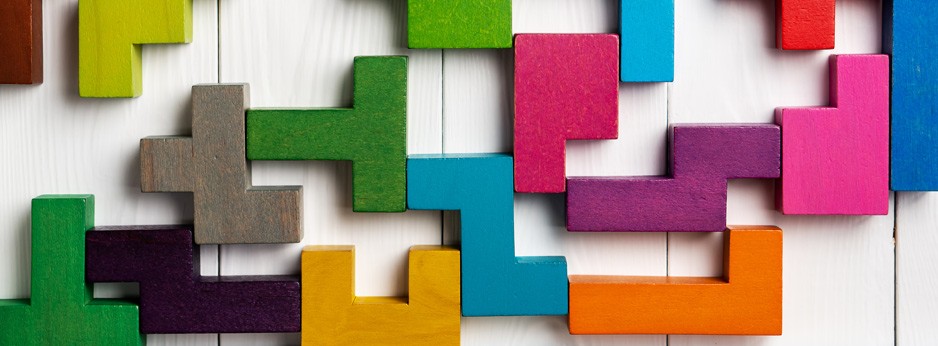
LogicaMente 2022
- 14 January 2022
We welcome you to 4th edition of the World Logic Day – Under the auspices of UNESCO
World Day of Logic proclaimed by UNESCO
This year, in these times of upheaval and uncertainty, the Paoletti Foundation with its research institute RINED offers a contribution focused on the Logic of Resilience. Dr. Tal Dotan Ben-Soussan, director of RINED will introduce for us the theme of resilience and the importance of applied neuroscience in facing the global challenges of our time.
We will then present a talk by Patrizio Paoletti focusing on resilience in the light of his Spherical Model of Consciousness. The talk, specifically designed for this moment of pandemic crisis, is taken from ICONS, International Conference on the Neurophysiology of Silence, the international conference that has given rise to both educative courses aimed at families and educators, and specialist courses with ECM credits.
Last but not least, this year we propose, to accompany the talks, a short meditation guided by Patrizio Paoletti, as a practical tool to be used in everyday life to regenerate and train for daily resilience.
Logic in times of uncertainty 2: The Logic of Resilience for Troubled Times – Self-Awareness as Self-Care
Patrizio Paoletti
At the start of 2022, almost every area of human life seems to call forth new logic to remedy societal ills caused by outdated modes of thinking. In the realm of psychological well-being, such new logic in the form of a resilience practice is sorely needed to help find an elevated sense of balance that incorporates new awareness gained in the process. We believe that applied neuroscience can contribute significantly to the search for such new logic, especially in the domain of self-awareness that is the very core of every lasting change for humanity. The current covid-19 pandemic, with its impact in terms of social isolation and economic and health uncertainty, combined with other global challenges that threaten the very survival of the human species, has greatly increased levels of stress and insecurity among individuals and has direct effects on family, school, personal, and work relationships. All this has highlighted the need to seek not solely external pharmaceutical solutions, but as much, if not more so, other internal modes to facilitate individuals’ mental health and balance. In this context, self-care becomes a decisive factor in resilience, and individuals very often lack adequate self-care tools. Effective self-care is dependent on the acquisition of solid competence in self-awareness and the skills that derive from it, and can be increased to beneficial effect on resilience, health, and balance. From the perspective of developing self-awareness, silence, in its dual nature as an outer and inner phenomenon, offers an effective tool to enhance the ability to observe oneself in a neutral way, as well as to perceive and manage one’s deepest and most intimate moments. The development of self-awareness, and the importance of silence as a tool for this purpose, will be described within the framework of the Sphere Model of Consciousness, a neuro-phenomenological model designed for applied instruction. The Sphere Model of Consciousness conveys a conceptual framework in which a schema of four levels of predictive coding is articulated as a tool for developing self-awareness and coping with challenges. In addition, in this 4th edition of LogicaMente, we include a short guided meditation as a practical instrument for dealing with daily stress.
Keywords: Pandemic, Resilience, Self-Awareness, Sphere Model of Consciousness, Predictive coding
Logic in times of uncertainty 2: The Logic of Training: Molecular and Electrophysiological changes following sitting and movement meditation
Tal Dotan Ben-Soussan
At this historic moment, which is characterized by exponential stress due to the covid pandemic pushing anxiety, we need tools to help us cope better. The threats of illness and job insecurity; social isolation and the upending of daily routines; financial losses and uncertainty all effect our immune system, sense of security, awareness and information processing. What may be required in order to adjust are internal tools such as different cognitive and sensorimotor training paradigms, through which people can enhance their cognitive, emotional and physical resilience, critical thinking and creative problem solving. We will discuss the underlying biological and neuronal mechanisms mediating improved cognitive and emotional functions, extending previous knowledge regarding the benefits of training for increasing emotional, molecular and neuronal resilience. We will shortly share current results from our lab in relation to resilience and emphasize the usefulness of integrating training such as meditation across the lifespan, that can aid in coping with stress and increase physical, immunological and emotional well-being.
Keywords: Pandemic, Resilience, Training, Well-being
